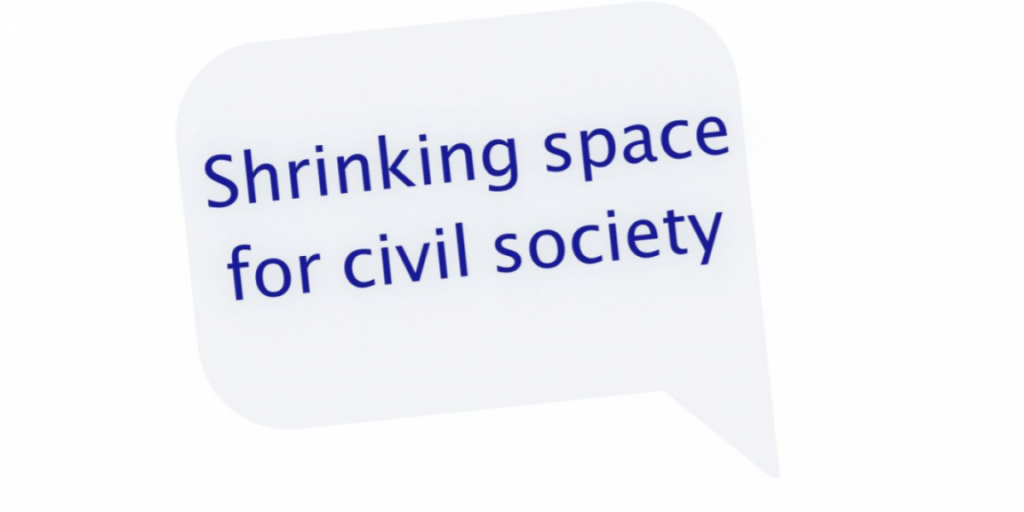Civil society 'transparency' bill fits into negative trend
In May this year, Privacy First Foundation sent a fire letter to the House of Representatives about the bill being debated there on alleged 'unwanted' money flows to civil society organisations. 'Civil society organisations' is a collective term for organisations active in the non-profit sector, such as trade unions, charities, religious organisations and organisations that stand up for civil rights such as privacy. Originally, the bill was called Social Organisations Transparency Act (Wtmo).

Thoughtless and ill-advised proposal
About the letter published Privacy First an article In which we explain that there are overkill in the bill that would require unnecessary registration of personal data and discourage volunteering. Furthermore, the bill contains too broad powers for the government, with no evidence that the current powers would be insufficient.
When we wrote our fire letter, plenary consideration by the House of Representatives was scheduled at the end of May last year. It has since been pushed back to January 2025.
SCP research
Following our letter, Privacy First was invited by the Social and Cultural Planning Office (SCP) to a meeting about their research on representation and civil society [*]. In that research, the bill for the Wtmo is one of the topics. During the meeting, a large number of representatives of non-profit organisations were present and the SCP researchers presented their preliminary findings. Furthermore, a number of sub-questions were presented to those present.
The researchers' preliminary findings suggest that there are major concerns among non-profit organisations about the government's attitude towards civil society (although there are sometimes good experiences). Concerns include action to combat crime and terrorism, such as anti-money laundering rules and the Wtmo, which have already led to discriminatory practices. The Human Rights Board has already issued several rulings on this.
The way the government deals with civil society is highly variable. Sometimes they are seen as implementers of government policies and criticism is not welcome. In other cases, they do seek contact to test plans and see what the experiences are.
The results of the SCP study may not become known before the parliamentary discussion of the Wtmo bill.
In conclusion
Privacy First is keeping a close eye on developments around the Wtmo and hopes to collaborate with other civil society organisations to prevent harm. If you have any questions or can contribute knowledge, please let us know!
[*] For further information on the SCP project, see page https://www.scp.nl/onderzoeksprogramma/representatie-en-het-maatschappelijk-middenveld
